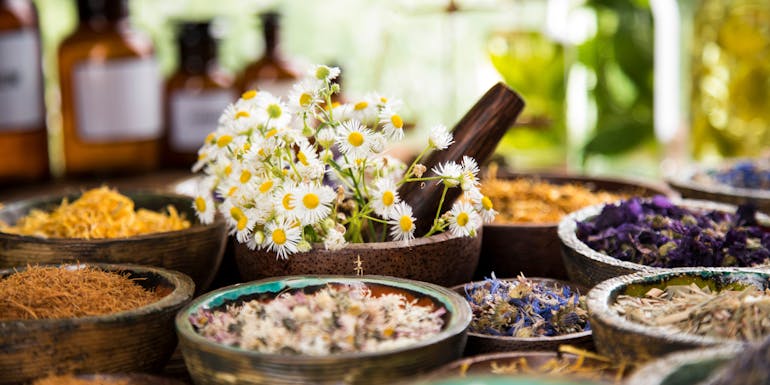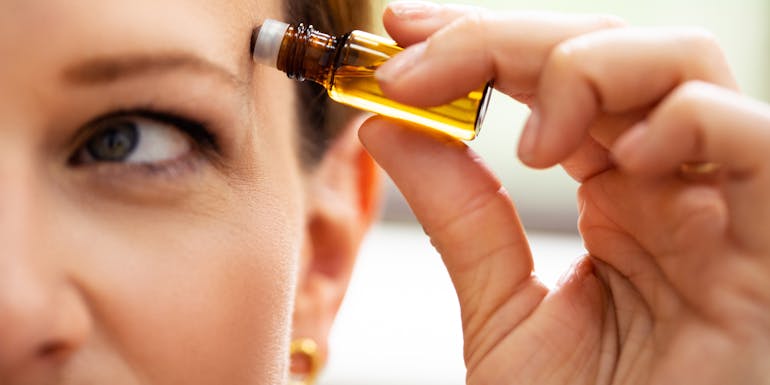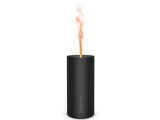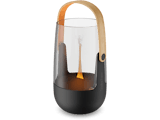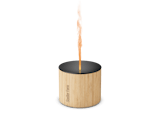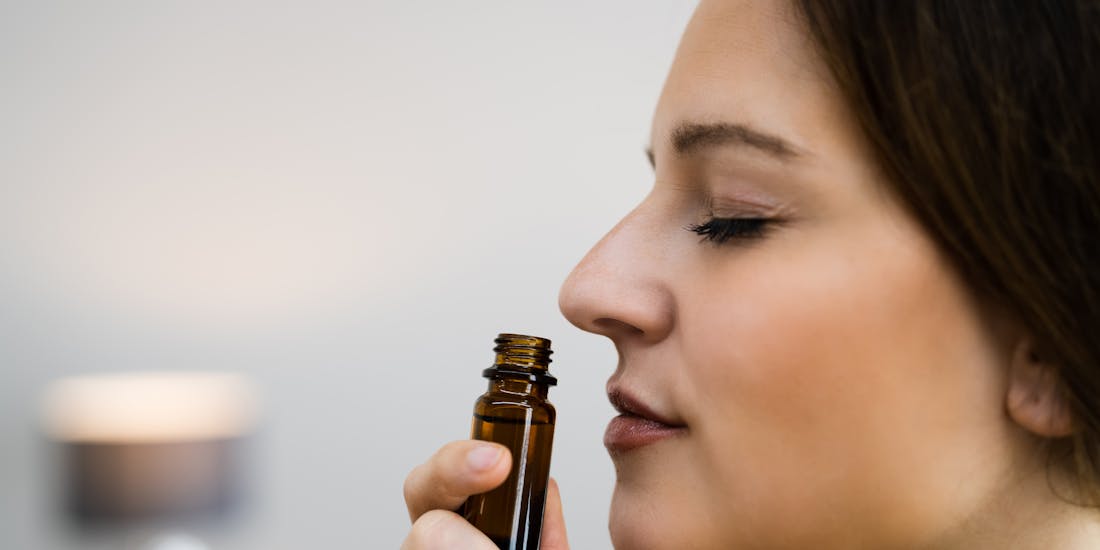
Claudia Eidenberg, 13 October 2022
Aromatherapy
Effect of essential oils on the body
Aromatherapy and the use of essential oils are a topic that trendsetters can hardly avoid these days. But what are essential oils and how do you use them correctly? We answer these and other questions in the article below.
What are essential oils?
By definition, they are volatile mixtures produced using various organic substances. They are extracted from plant (and sometimes also synthetic) sources by means of various processes. The most common methods used are steam distillation, extraction and the pressing or plants or their parts.
Essential oils are particularly suitable for use in cosmetics and perfumes. In nature, the oils serve to protect plants against parasites and diseases or to attract useful insects such as bees for pollination. Furthermore, a distinction is made between naturally pure, natural, nature-identical and synthetic oils.
Further more detailed information on the subject of the definition and production of essential oils can be found here.
Why do essential oils work?
Due to their volatility, essential oils are easily absorbed and dispersed in the air. Essential oils are best absorbed through our skin, mucous membranes (e.g. through inhalation) or gastrointestinal tract, by means of inhalation, rubbing in or even direct ingestion. We recommend only using purely natural or natural oils for internal application (inhalation and direct ingestion) or for application to the skin and that you should consult a doctor or pharmacist first. That is because there is a risk to health if essential oils are not used correctly – especially on or around babies and small children.
When essential oils are inhaled, they send a signal to our brain via the nerves and activate the so-called «happiness hormones» such as endorphins and serotonin. Depending on the type of oil, they can lift our mood, make us relax or improve our powers of concentration. They penetrate through the skin deep into the tissue where they can relieve pain or reduce inflammation, in a gentle and natural way.
How do essential oils work?
Nowadays, there is an oil to suit every need. There are around 120 essential oils* worldwide, so the choice is enormous. Which is the best one for you? When it comes to colds, eucalyptus and thyme are the best choice. They loosen stubborn mucus and help you breathe easily again. Note: The use of these oils is not recommended on or around babies and children and we recommend consulting a specialist (doctor or pharmacist) regarding this.
If you are looking for relaxation or want to reduce your stress levels, then lavender is your best choice.
Bergamot is a true mood-enhancer, along with oils from citrus fruits in general. The popular pick-me-ups have an invigorating effect with their fruity freshness.
The classic essential oil is probably peppermint which is also regarded as an all-rounder. It has an invigorating effect and is especially good for helping with fatigue or if you have difficulty concentrating and will give you a much-needed boost of energy.
Camomile is also essential for aromatherapy: its anti-inflammatory and also pain-relieving effects make it indispensable.
Find out about the 10 most popular plants and their effects here.
*Source: Wikipedia
What possible uses are there?
There are many different ways in which essential oils can be used. For the airways, there are aroma diffusers which break down the oil and water mixture into tiny particles and distribute them in the air. This enables the essential oil to be absorbed via the airways, with the added bonus that it will also turn the whole room into a fragrant oasis of well-being at the same time.
The same principle also functions in a similar way in the case of sauna sessions. Essential oils are added to the water which then evaporates when it is poured over the hot stones. The heat opens your pores so that you absorb the essential oil through your skin on the one hand and you inhale the oil via the steam produced on the other hand.
Thousands of years ago, the Egyptians and Greeks used a lot of essential oils in cosmetics and for healing. Adding them to a carrier oil (e.g. jojoba or almond) creates a wonderful massage oil which is then worked into the skin to provide total relaxation. Adding a couple of drops of rosemary oil to your hair shampoo or conditioner will help relax your scalp and stimulate hair growth.
Today, essential oils are also being used more and more in the kitchen, either to make dishes more aromatic or even as a therapeutic food supplement in the form of tablets or teas. In the case of direct ingestion, you should make sure that they are in diluted form since in their pure form, essential oils can cause unwanted side effects (see the next section). Here too, you should consult a specialist first (doctor or pharmacist).
Find out more about our aroma diffusers.
Possible side-effects and restrictions on use
So in the right dose, oils can have a number of positive effects on our health and well-being. However, caution is advised when it comes to dosage – especially if the oils are being used on or around babies and children. We firmly advise against certain oils such as thyme, menthol or eucalyptus, for example, being used on or around babies and children. With other essential oils, if the dose is too high it can lead to unwanted side effects. These can manifest themselves as skin irritations, for example, or in more severe cases even as allergies or asthma.
If you are not quite sure how to use an oil or which one to use, we recommend that you consult a specialist (doctor or pharmacist).
Have you discovered our exclusive range of natural fragrance oil mixtures yet? Find your new favourite fragrance here.
If you have questions related to indoor room climate or aroma diffusers, please get in touch with us. Or subscribe to our newsletter to regularly get informed about current topics regarding indoor climate, experience reports or Stadler Form insights.
